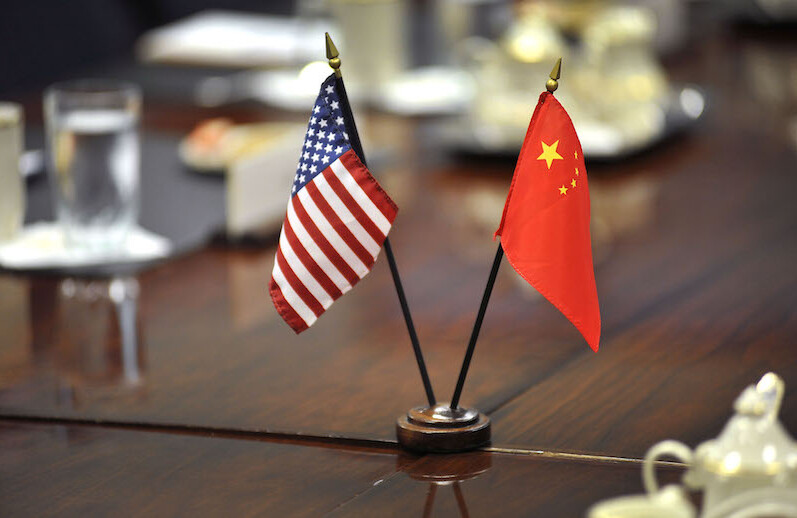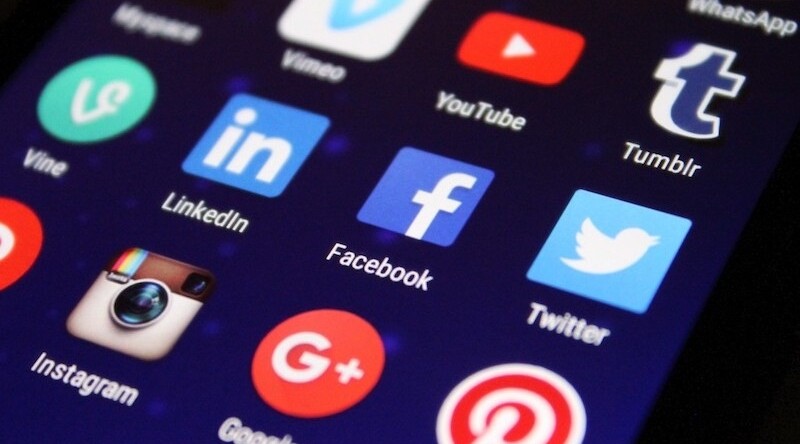Romain Forestier is a French graduate student pursuing a dual Master's degree in finance and strategy as well as economics and management of government and international organizations between Sciences Po (Paris) and Università Bocconi (Milan). He has developed a keen interest in European economic affairs by attending the European Union studies program between Sciences Po and Northwestern University and doing a year-long exchange at the Universität St. Gallen (Switzerland) where he studied European law. Besides drafting essays, he enjoys writing poetry, and he's a better piano player than oboist.
ESSAY TOPIC: Is there an ethical responsibility to regulate the Internet? If so, why and to what extent? If not, why not?
Sir Tim Berners-Lee, the inventor of the World Wide Web, was recently quoted as saying: "I wouldn't say the Internet has failed with a capital F, but it has failed to deliver the positive, constructive society many of us had hoped for."
Part of this ethically "constructive society" dreamed about in the 90s included a free and constructive speech. But just as it has been gradually more restricted in Western democracies (on the basis of limiting hate speech) or in authoritarian countries (for the sake of national interest and raison d'État), free speech is no longer ubiquitous over the Internet. However, this is not due to a lack of regulation, or an over-regulation, but is more caused by a fragmentation of regulation, since governments, on their own, decided to monitor it.
This, despite free speech being recognized as a key element of international relations: many institutions already bear the responsibility of protecting free speech, and article 19 of the United Nations' Universal Declaration of Human Rights plainly provides that "everyone has the right to freedom of opinion and expression; this right includes freedom to [...] receive and import information and ideas through any media and regardless of frontiers".
But few international agencies are specifically dedicated to the Internet, and even fewer have the responsibility to protect free speech on it: the attempt to create an "eG8" or a G8-like summit devoted to the Internet, didn't last long and was quickly forgotten. The International Telecommunication Union, which partially regulates the Internet, is still relatively unknown to the public, despite being the second oldest international organization.
Therefore, governments unsurprisingly fill this void and seize the opportunity to assert their views over regulating the Internet and free speech. President Obama's cyberspace policy was laid out in the following terms: "it is the fundamental responsibility of our government to [...] ensure [...] that the United States and the world realize the full potential of the information technology revolution". And most countries have indeed done their best to realize their full potential regarding the Internet.
But in a Hobbes-like situation where countries are still in the "state of nature" and have not concluded any agreement and contract with each other, the current trend is that every power (including Western countries) is trying to impose its standards overseas. Until last month, the EU's position was to apply its citizens' "right to be forgotten" outside of Europe (a recent ruling of its top court has since prevented it). For years and quite opaquely, the U.S. has been collecting private data of Americans and foreign Internet users, by expanding its surveillance program over the usage of American technologies and firms abroad. Whether the aim is to protect the privacy of European citizens or to help American intelligence agencies in their missions across the sea, governments and regulators define some principles that overall are carried out by private companies that have no choice but to comply.
That is also the case for authoritarian countries, whose most prominent example is China with its "Great Firewall." There, numerous agencies do coexist to control the Internet: the SAPPRFT (State Administration of Press, Publication, Radio, Film and Television), the SCIO (State Council Information Office), the CAC (Cyberspace Administration of China), the CLG (Central Leading Group for Internet Security and Informatization), and various ministries. But despite this cohort of institutions, most of the regulation and censorship happens to be managed by Internet companies. While agencies set out guidelines, tech firms carry out the control of their platforms: to this aim, Chinese firms employ up to two millions "content controllers."
The approach is therefore similar in both Western countries and in China (tech companies execute the law and the regulations) though the tenets of the regulation are intensively different. On one side, Western powers generally stick to the first 10 Amendments of the American Constitution, to the Bill of Rights, or to the European Convention on Human Rights; on the other side, the current Hong Kong situation led Xi Jinping to say that any attempt to divide China would end in "bodies smashed and bones ground to powder." The Economist called the Internet a "child of the [end of the] cold war" to describe its optimistic start, but as of today, it would be more accurate to describe it as a bellicose teenager embodying the divided world order—and its divergent ideologies.
Such a rift forces tech companies to be arbitrators and censors abiding by different rules depending on which side of the Pacific they operate. It also leads them to suffer from the uncertainty of having to interpret some governments' vague guidelines (how to understand the legally binding obligation to take into account China's "social or economic well-being"?). Additionally, it makes it extremely difficult for Western companies to enter China's Internet market (China being the country with the highest number of Internet users), and vice versa.
It also means that foreign users have no choice but to observe the decision of foreign governments. For instance, European users have their data collected by American companies when using American platforms (usually one of the GAFAM or Google, Apple, Facebook, Amazon, and Microsoft) and their political opinions censored after having downloaded Chinese apps (such as TikTok).
When it comes to defending free speech and fighting against censorship, it might be tempting to still try to confront the dominance of the Communist Party of China over its people. But given how the Chinese government tightly controls its Internet and the leverage (and market power) it has, any attempt to deal with these issues must be managed through compromise. A modification of the Party's stance over the Internet will probably come from the inside of the Great Firewall, not outside (just as in the United States, the greatest threat to the dominance of the GAFAM derives from the Democratic candidate Elizabeth Warren, not from the outcry of foreign governments or citizens). Likewise, it might be tempting to argue for a multilateral answer, but such a perspective is hard to believe in, considering the current zeitgeist and world order.
Therefore, to prevent this status quo where the sovereignty of some states is infringed by the power of foreign platforms, a deal should be struck between global Internet powers, most importantly between China and the U.S. Just like nuclear deals had to (and still have to) involve Russia and the United States, a trans-Pacific compromise is needed in a world where the Internet leadership is shared between China and the United States. The objective of such a deal would obviously not be to ask for China to hand over its citizens' data to the NSA, nor would it require Western media to lower their voices when they are critical of Beijing.
A bilateral agreement would rather aim firstly at spelling out how governments treat the data of foreign users, and how companies are expected to regulate them. For users based in other countries, this would make the Internet much more transparent; for companies, this would decrease the uncertainty they face when entering the American or Chinese market (Huawei might probably have accessed the U.S. 5G market, had the American government formulated explicit demands).
If these clarifications could be made, the American and Chinese governments could negotiate with each other. For the U.S., this could be an opportunity to let American firms more easily enter the Chinese market, and to try to soften Beijing's crackdown over free speech when Americans users deal with Chinese platforms. This nevertheless leads to the question of what the United States would have to offer in exchange—and one could think that in this case, some GAFAM might accept to (re)enter China by agreeing to censor their content. Google's "Dragonfly" project was designed as such, before being canceled last summer.
The goal of this approach is twofold. Economically, laying out clearer principles over American and Chinese technologies could increase cross-border trade and avoid hurting foreign firms, while stimulating competition and innovation on a global scale. But more importantly, a bilateral agreement over the Internet might soften trans-Pacific political tensions. Henry Kissinger already wrote five years ago that "[i]n the end, a framework for organizing the global cyber environment will be imperative", and such a necessity has only become of greater importance in the last few years: not only has the strategic role of the Internet never been bigger, but the consequences of the growth of China and the concern it causes to the U.S. (the famous "Thucydides's trap") have never been more pronounced.

